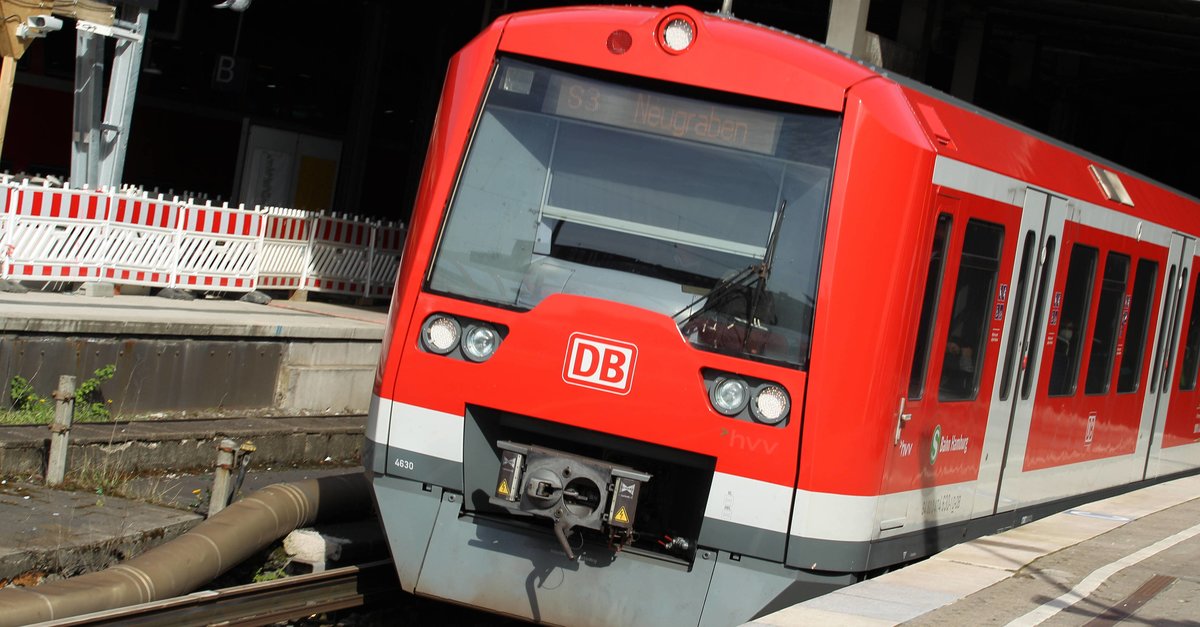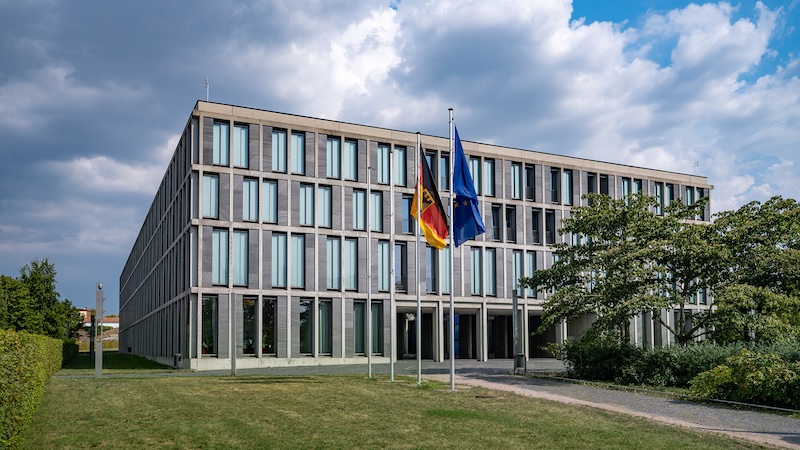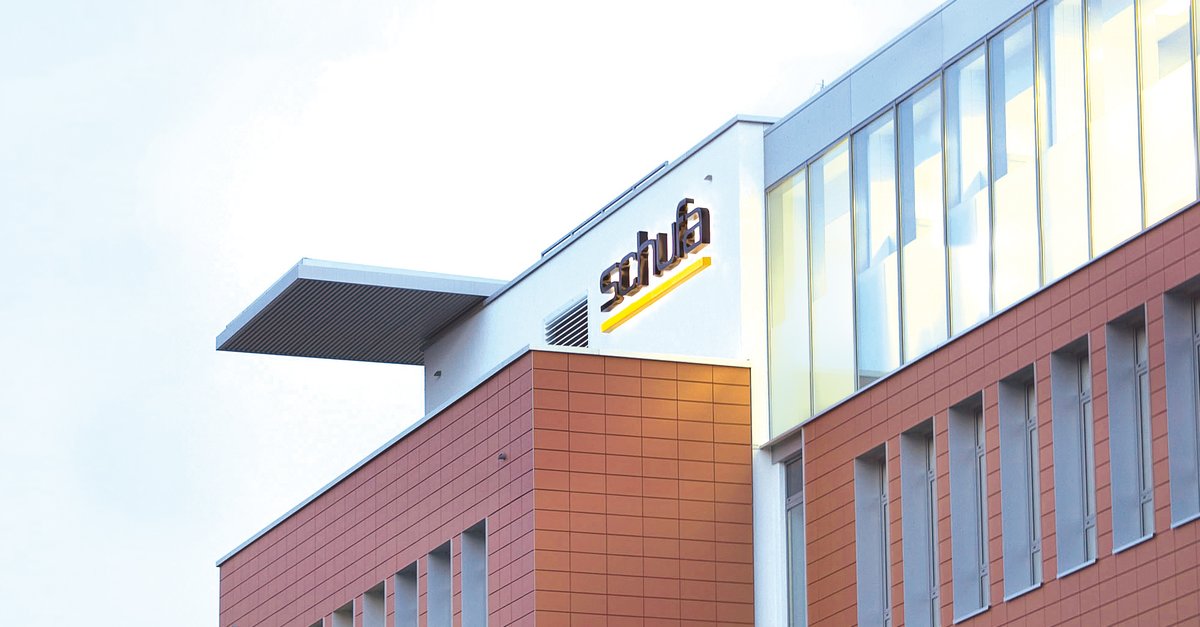This is how it continues with the 9-euro ticket
The 9 euro ticket is a complete success. Millions of Germans have bought the saver ticket in order to be able to use regional transport for little money. But what happens after August? Federal Transport Minister Wissing has now commented on this.
When the 9-euro ticket was announced in the spring, no one would have expected this gigantic success. The 9-euro ticket has been sold more than 16 million times so far. In times of record inflation, many Germans like to use the cheap ticket for regional transport to reduce their costs. Federal Transport Minister Volker Wissing (FDP) has now rejected calls for an extension of the 9-euro ticket.
Transport Minister Wissing wants to phase out the 9-euro ticket
One According to Wissing, continuation is simply too expensive. The 9-euro ticket costs over a billion euros a month and was a temporary measure from the start. In addition, it was also about giving public transport a boost, which was struggling with a decline in passengers during the pandemic, said Wissing the news channel n-tv. In addition, the 9-euro ticket is also an incentive to save energy.
After August 31, there will no longer be a 9-euro ticket. Nevertheless, his ministry now wants to talk to the federal states about how to improve the offer. The 9-euro ticket is now being evaluated.
Everything you need to know about the 9-euro ticket:
Successor to the 9-euro ticket: Disagreements at the traffic lights
Whether and in what form the 9-euro ticket will have a successor is currently being discussed in the traffic light coalition. Green Party chairwoman Ricarda Lang would like another relief package for autumn and winter and is bringing a follow-up offer into play (source: T-Online). The prerequisite for this is that the 9-euro ticket has brought people away from the car and towards public transport. “If that’s the case, we in the coalition absolutely have to talk about how we can build on this success,” said Lang



